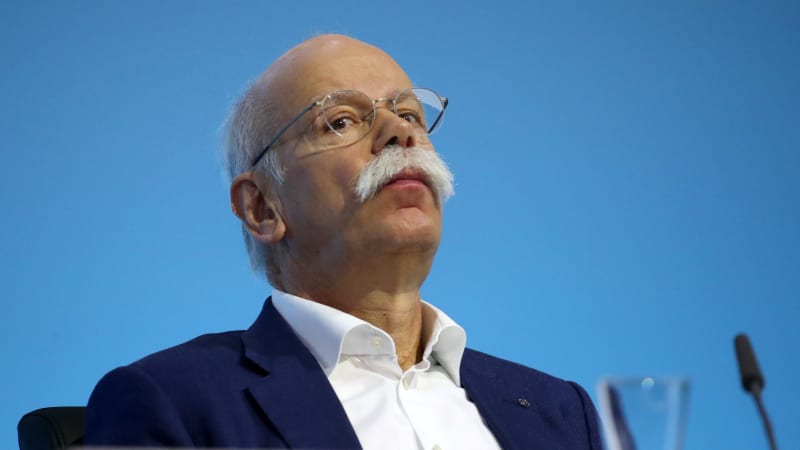Audi Repair Shop Doylestown
Call 267 279 9477 to schedule a appointment

STUTTGART — Daimler cut its dividend, and its fourth-quarter operating profit fell 22 percent as trade wars and rising costs for developing electric and self-driving cars hit profits at Mercedes-Benz cars, the company said on Wednesday.
Daimler said the return on sales at Mercedes-Benz cars fell to 7.3 percent in the fourth quarter from 9.5 percent in the year-earlier period.
This, combined with a cut in the dividend from 3.65 euros a share to 3.25 euros, disappointed analysts and sent shares 2 percent lower to 52.02 euros, underperforming Germany’s blue-chip DAX index which was trading 0.22 percent lower.
“Daimler urgently needs efficiency measures,” Evercore ISI analyst Arndt Ellinghorst said on Wednesday. “At the moment the profitability of both Mercedes-Benz passenger cars and trucks lags behind peers.”
Daimler said it was working on “countermeasures” to increase profits but could not mention details about possible cost cuts because these were still being worked out.
For 2019 Mercedes-Benz Cars expects to achieve a return on sales of between 6 percent and 8 percent and a return on sales of between 5 percent and 7 percent for Mercedes Vans, Daimler said.
“With our guidance for Mercedes-Benz Cars and Mercedes-Benz Vans we are below our long-term target margins. We cannot be satisfied with this. Our goal is to return to our target margin corridor of 8 percent to 10 percent by 2021,” Daimler Chief Executive Dieter Zetsche said in a statement.
For 2019 Daimler said it expects a slight growth in unit sales, revenue and EBIT.
Daimler’s earnings before interest and tax (EBIT) dropped to 2.67 billion euros ($3.04 billion) in the fourth quarter, below analysts’ expectations of 2.92 billion euros.
Mercedes-Benz passenger car sales rose 4 percent in the fourth quarter, but increased tariffs on vehicles exported from the United States to China and delivery stoppages for individual diesel models hit demand and resulted in weaker prices.
Mercedes-Benz exported around 30,000 GLE and GLS sports utility vehicles from the United States to China last year. Daimler has no current plans to manufacture these models in China as a way to mitigate the impact of tariffs, Zetsche said.
Research and development spending rose 4.5 percent to 9.1 billion euros last year as the carmaker prepares to launch its first fully electric sports utility vehicle this year.
Mercedes-Benz emerged as the biggest selling luxury brand last year with 2.31 million new vehicle registrations, followed by BMW brand’s 2.12 million and Audi which posted registrations of 1.81 million last year.
Reporting by Edward Taylor
Related Video:
from Autoblog http://bit.ly/2Gqle77
